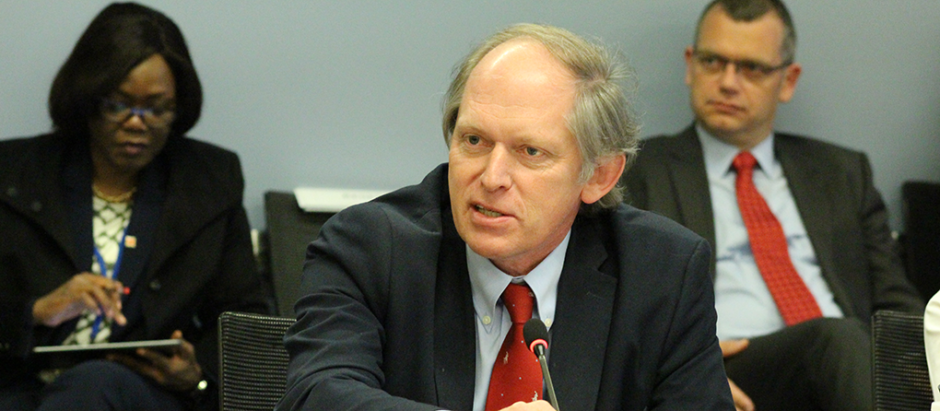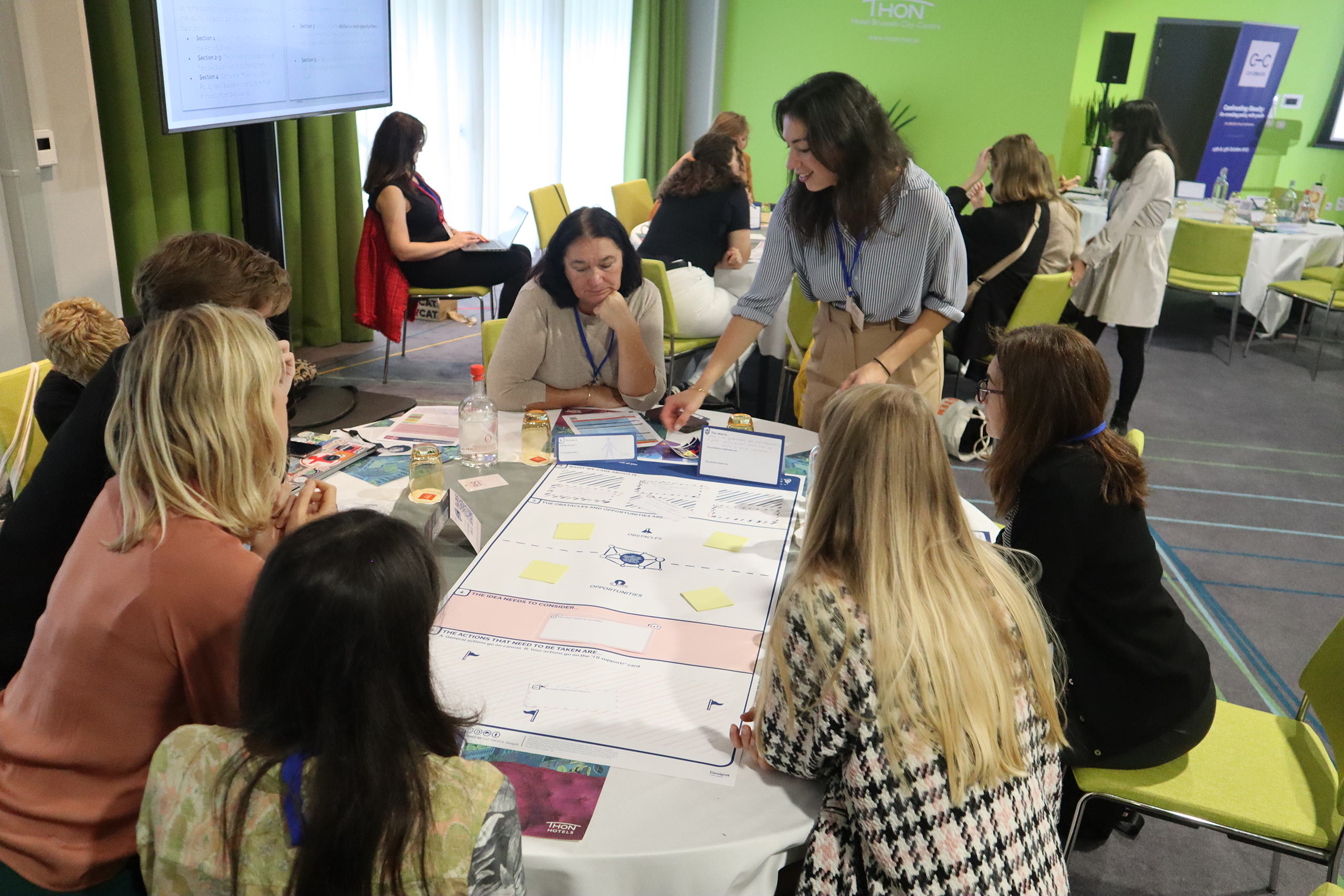There is a real mismatch between what we’re telling people to eat and what we’re producing. Governments across the globe keep subsidizing agricultural methods that pollute the world’s resources. Juergen Voegele, World Bank Senior Director for Food and Agriculture, who joined EAT’s Advisory Board in May 2017, says these are policy practices that will have to change.

EAT invited Voegele to join its Advisory Board due to his long experience working at the intersection of agriculture, development and sustainability. “I believe we must fix the food system so that it provides healthy and nutritious food for all in a sustainable manner” said Voegele, who oversees about USD 15 billion worth of loans to agriculture and related sectors in developing countries.
The World Bank’s mission is to provide innovation and resources to low and middle income countries to end extreme poverty and build shared prosperity in a sustainable manner. It recently became a strategic partner to the EAT Foundation in order to collaborate in developing and sharing ideas, insights and solutions to global food system challenges.
“Scientific research and technological innovation, along with efforts to reduce food waste, can go a long way towards improving yields and increasing food quantity,” Voegele said.
Currently, the food system is failing to produce the right outcomes. Approximately three billion people – almost half the world’s population – are not eating enough or eating the wrong types of food.
“Poor diets are holding us back,” Voegele said. “Nearly a quarter of children under the age of five are stunted today – a condition that has long-lasting health consequences and can cripple their future potential. At the same time, overweight and obesity are resulting in staggering public health crises and spiraling health care costs in developed and developing countries.”
The food system’s environmental footprint is also deeply untenable, says Voegele. If you include deforestation to clear new agricultural land, food production today contributes about 25 per cent of the world’s total greenhouse gas emissions – a share that is set to increase as food demand rises and other sectors, including transport and energy, innovate rapidly to reduce their emissions. Overuse of fertilizers is also a major to contributor to climate change, while also causing eutrophication and growing aquatic dead zones that kill ocean life, impacting fisheries.
“Whether it’s water consumption, greenhouse gas emissions, nitrogen, biodiversity or waste, agriculture’s indicators are all on red. We urgently need to close the loop on this wasteful and damaging cycles so that we can meet people’s needs within the means of the planet,” said Voegele.
Among the World Bank’s current emphases are resource-efficient and climate-smart agriculture practices and a landscape approach that recognizes the interdependence of forests, water supplies and food security.
“Many of the solutions are already at hand,”said Voegele. Climate-smart approaches such as precision farming, reduced tillage, agroforestry and intercropping are proven to increase productivity and boost resilience to ecosystem shifts and shocks, while lowering greenhouse gas emissions. There is also a wide range of food system interventions that can reduce hunger, address micronutrient deficiency and steer consumers away from unhealthy diets.
What may be missing however, is the political will to drive the necessary changes.
“The vast majority of current subsidies are focused on staple grains such as wheat, rice and maize, with very little investment in fruits, vegetables and nuts, which should be part of a healthy diet. We keep supporting agricultural processes that pollute and mine the world’s resources, over more sustainable and resilient approaches. We can change that.”
According to an OECD analysis of 50 countries published in 2016, the world spends about USD 585 billion per year in agricultural subsidies.
“We must reorient this public support toward investments that deliver climate-smart, sustainable agriculture and improve health and nutrition outcomes. In the process, we can raise incomes for farmers and create opportunities in the food system for growth and jobs. There is tremendous potential to move agriculture into the 21st century and create higher value for farmers, food entrepreneurs and for society as a whole,” said Voegele.
Remaining one step
ahead
of the curve.
Five Youth Leaders Who Will Change the World
To celebrate International Youth Day, we are spotlighting the leaders of tomorrow. From India to the US and New Zealand to South Africa, young people are rising to demand greater action on climate change, biodiversity loss, hunger, malnutrition, food waste, plastic pollution, and more.

Reflecting on five years of policy co-creation with youth: the CO-CREATE project
After five years, the CO-CREATE research project “Confronting Obesity: Co-creating policy with youth” has come to end. Reflections on the project’s achievements and sustained impact are shared.
